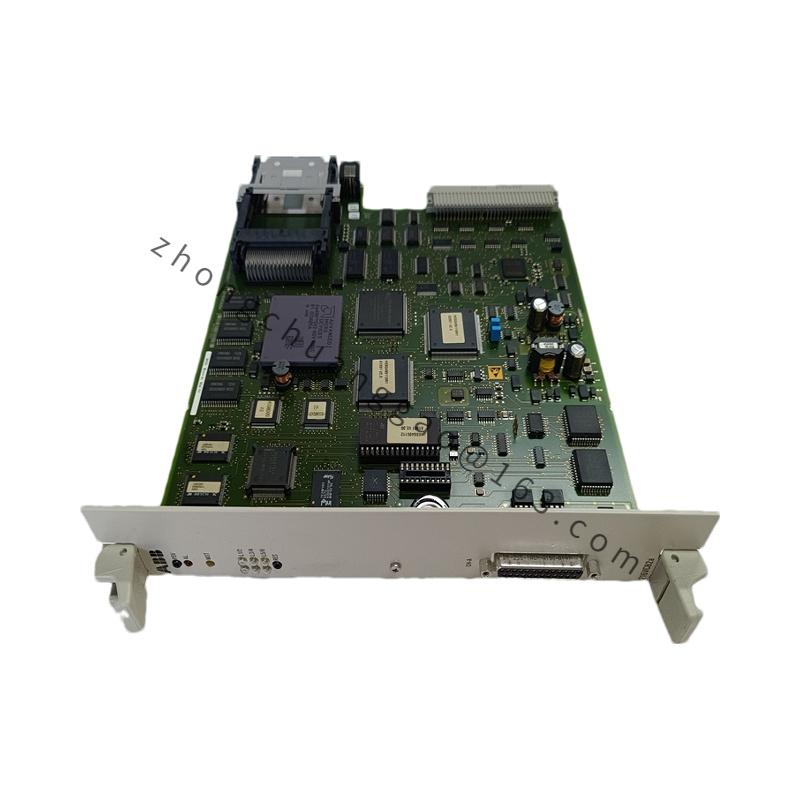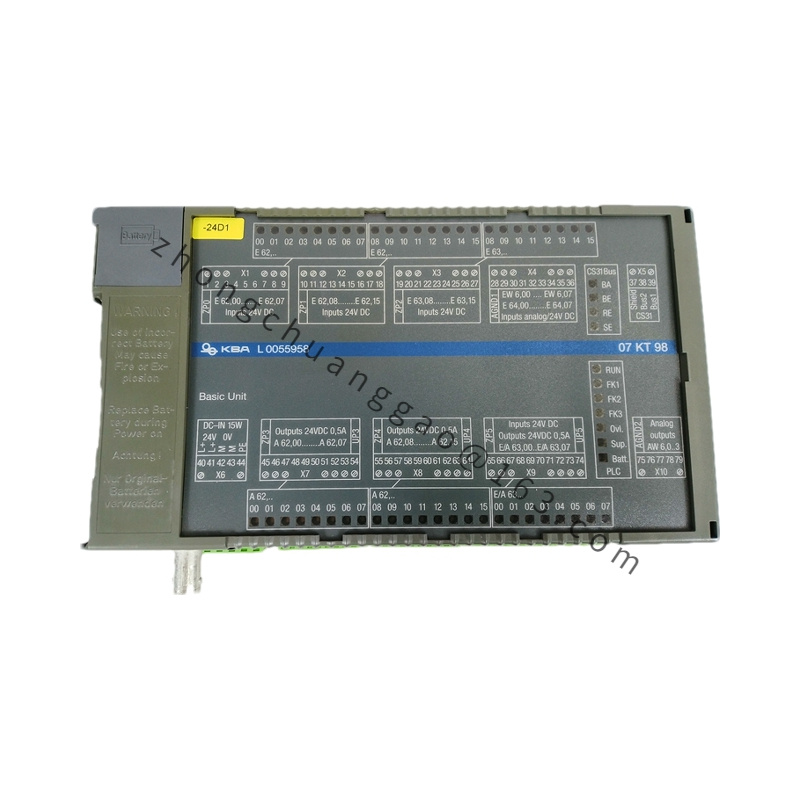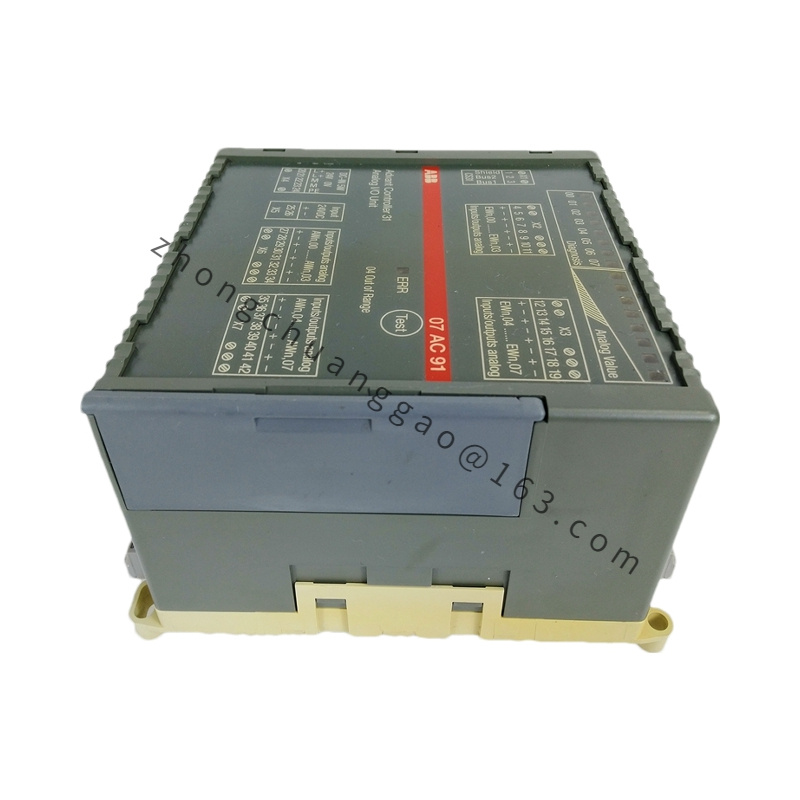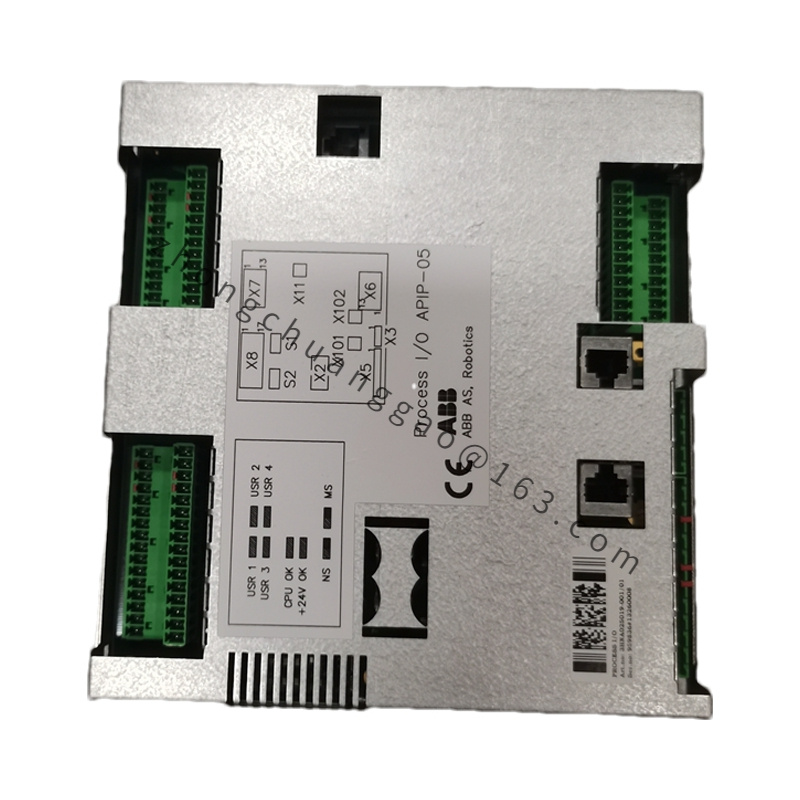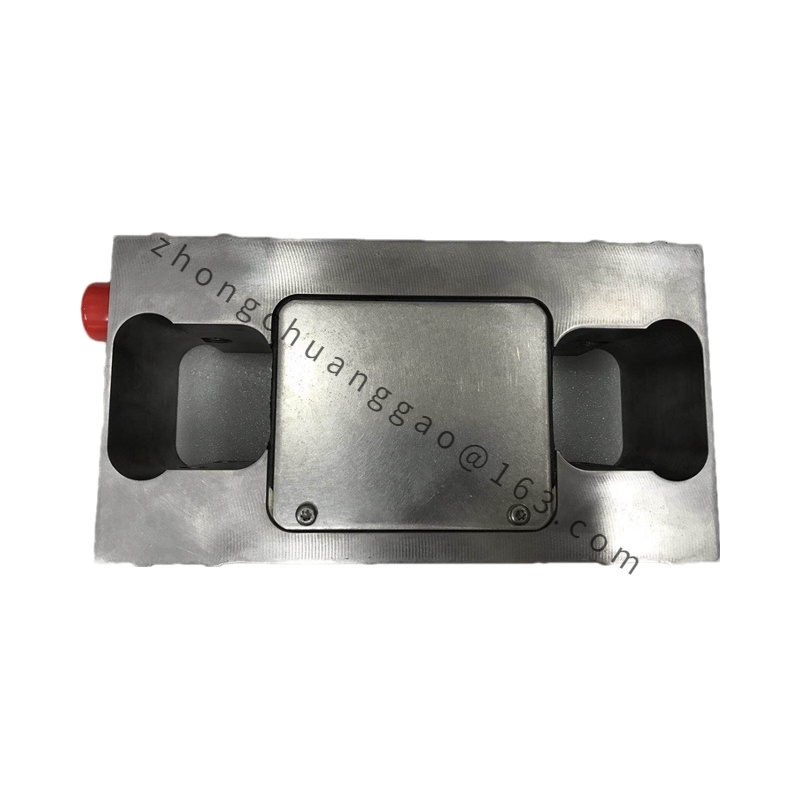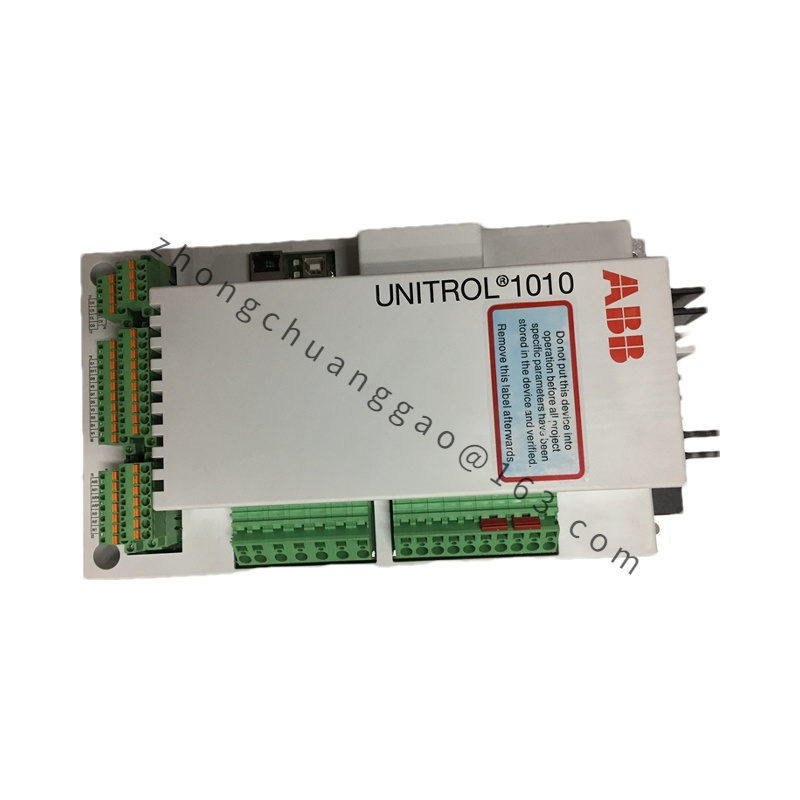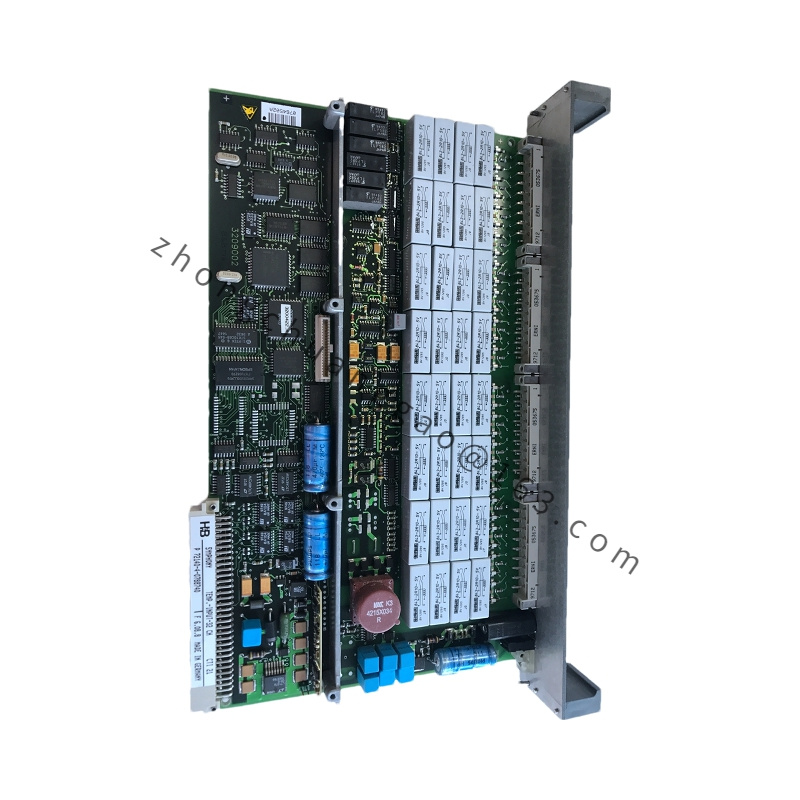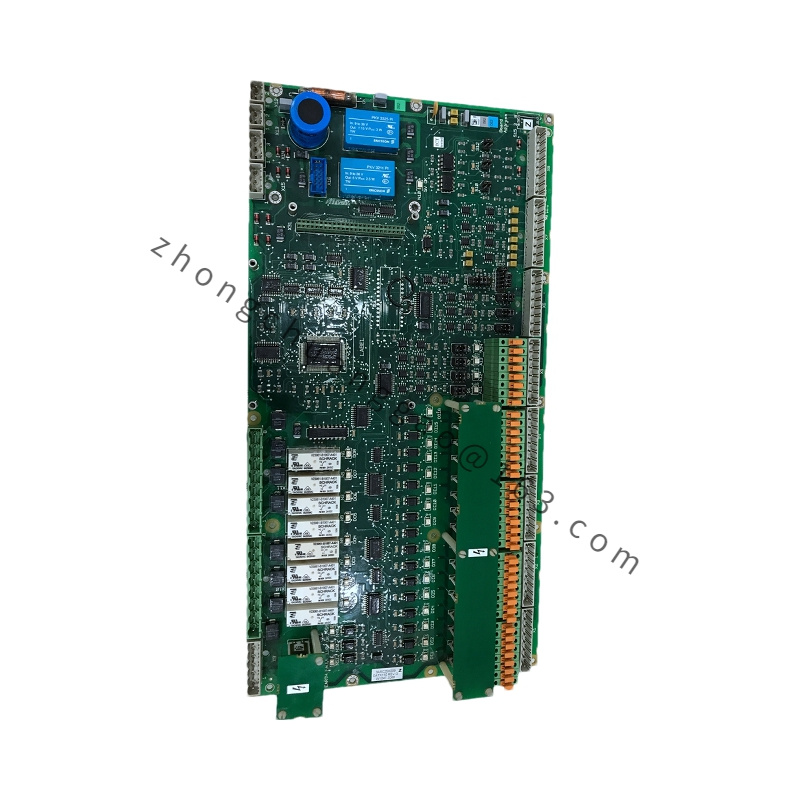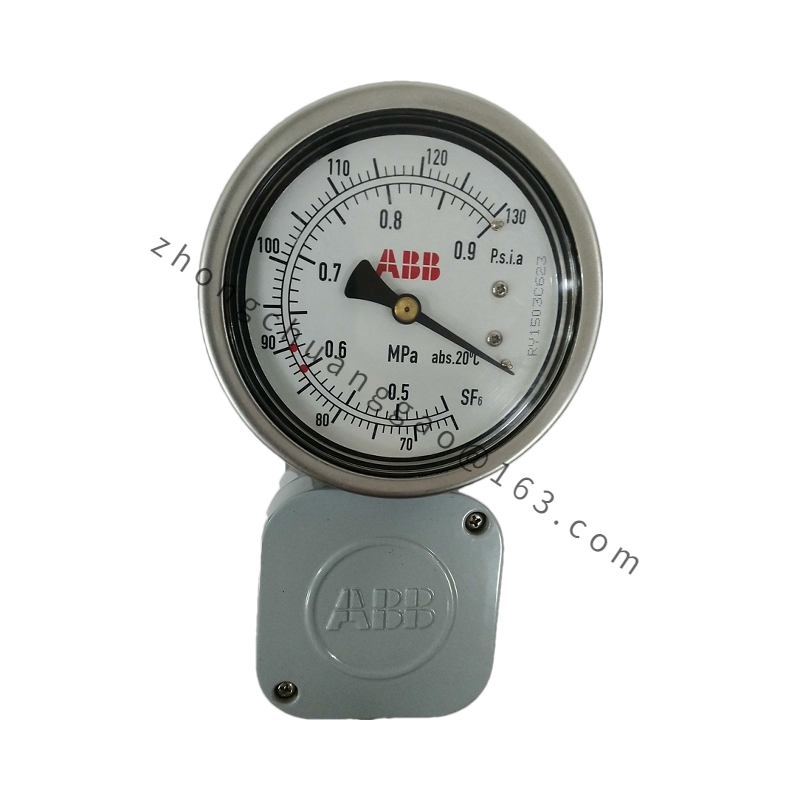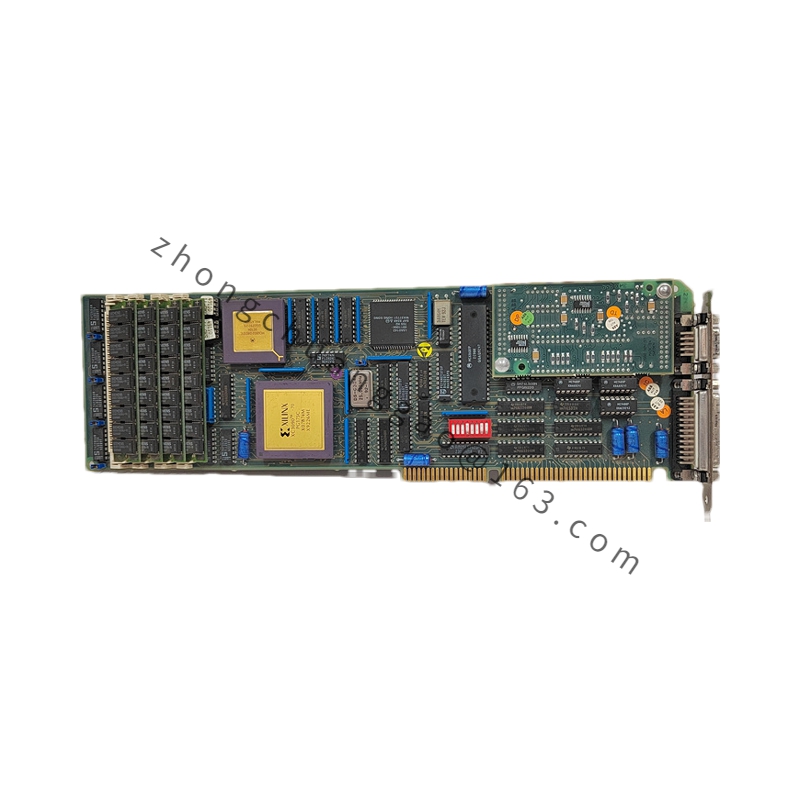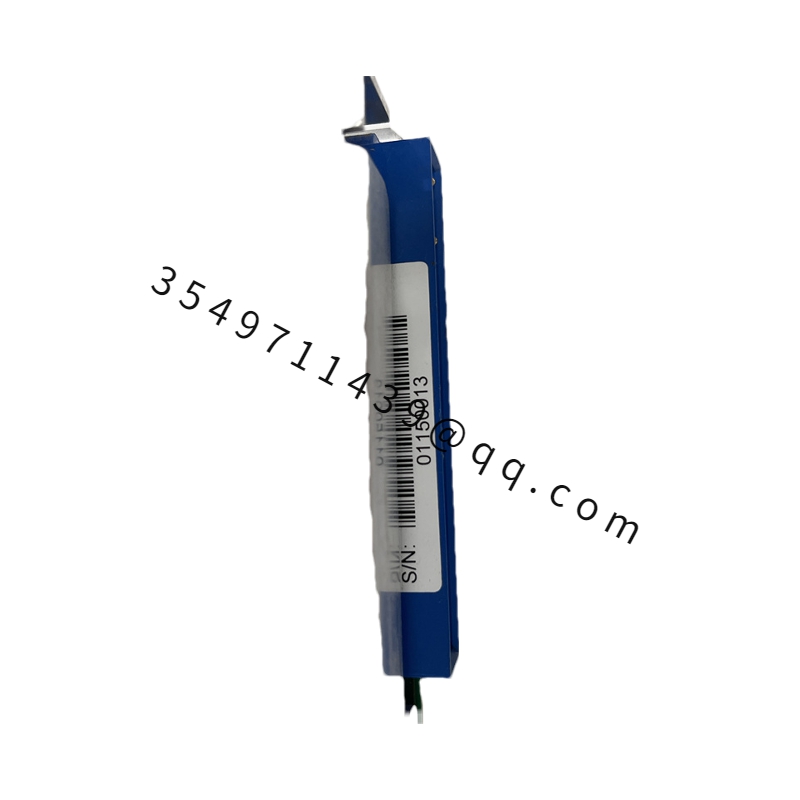ABB 216VC62A
Functional characteristics
High performance and reliability: ABB 216EA61B adopts advanced electronic technology and design to ensure its high performance and reliability. It can operate stably in harsh industrial environments and provide precise control and monitoring functions
Detailed content
Advanced Control Algorithm: This module utilizes the most advanced control algorithms to regulate and maintain precise control of key parameters such as temperature, pressure, flow rate, and liquid level. This level of accuracy ensures that the manufacturing process is executed with the highest level of quality and efficiency.
Real time monitoring function: ABB 216EA61B provides real-time monitoring function, allowing operators to understand the current status of the operation process at any time. It provides detailed information and graphical representation of process variables, enabling operators to quickly identify and handle any deviations or anomalies.
Seamless integration capability: This module is designed for seamless integration with other industrial systems, supporting multiple communication protocols and connection methods. This makes it easy to connect monitoring and data acquisition (SCADA) systems, programmable logic controllers (PLCs), and other automation devices, achieving centralized control and monitoring of multiple processes.
Error checking and correction (ECC) memory: ABB 216EA61B has the same ECC memory as high-end PCs, which helps improve system reliability and stability. ECC memory can detect and correct errors in memory, reducing the risk of data loss and system crashes.
3、 Application scenarios
ABB 216EA61B is widely used in various industrial automation and control systems, including but not limited to the following fields:
Manufacturing: Provide efficient and precise control and monitoring functions in the manufacturing process to ensure product quality and production efficiency.
Energy industry: used for monitoring and controlling critical equipment and processes in energy industries such as electricity, oil, and natural gas.
Infrastructure: Used to control and manage various equipment and systems in the fields of transportation, construction, and other infrastructure.
Process industry: used for precise control of reaction conditions and process parameters in chemical, pharmaceutical, and other process industries.

